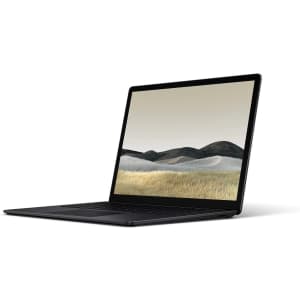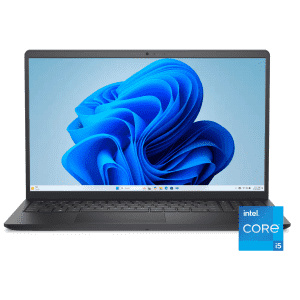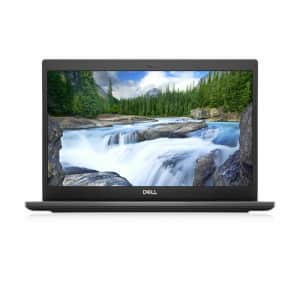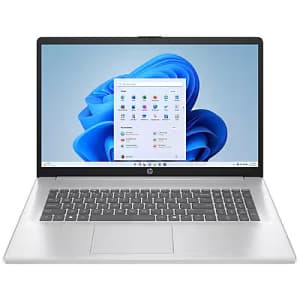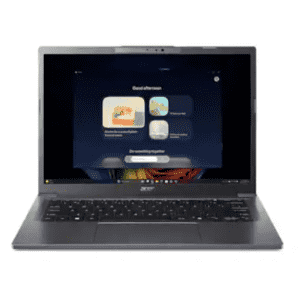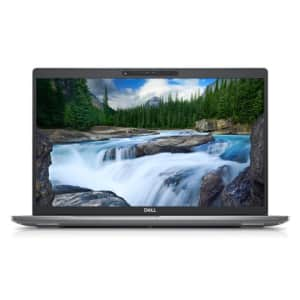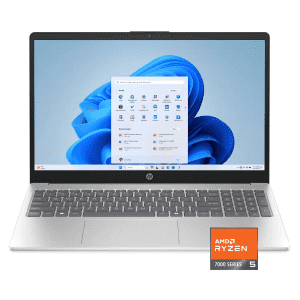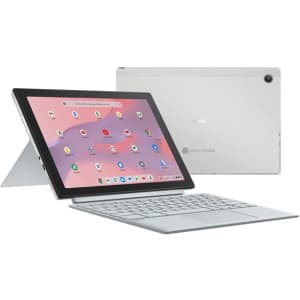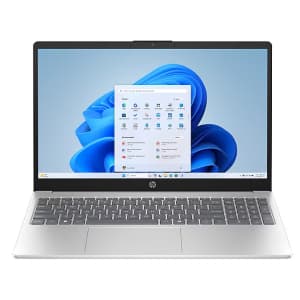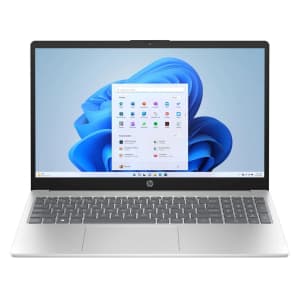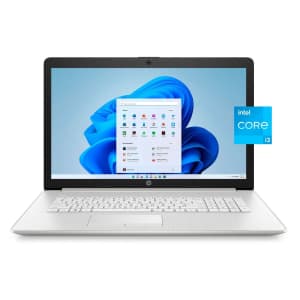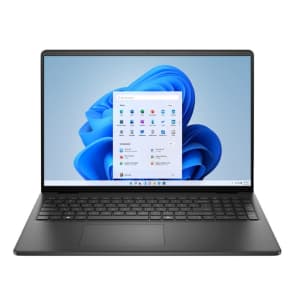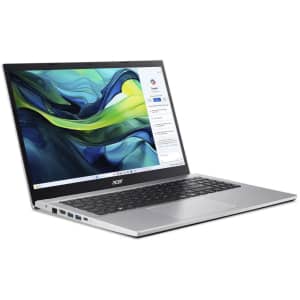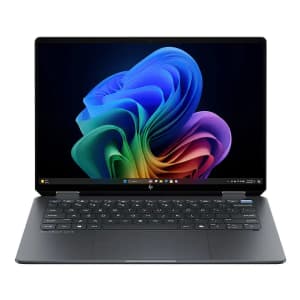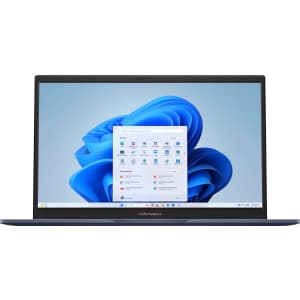What to Know to Get the Best Laptop Deals

Shopping for a laptop can be exciting and/or intimidating. Hundreds of options are available, with new and powerful technology. But also, they all look more or less identical, and it takes a certain level of dedication to tell their specs apart. But at the very least, you want to be sure you're getting the best price for that laptop, and that's where we come in. From Dell, to HP, to Lenovo, this page is your 1-stop shop for deals on gaming laptops, Chromebooks, 2-in-1s, and everything in between.
We'll guide you through the best times to find the greatest deals on those laptops, from Black Friday sales and Amazon's various Prime events, to the discount opportunities during Back to School season. We'll also give you tips on how to save outside of these big annual events, where to find the best offers on specific kinds of laptops, and what discounts you should expect on different laptops.
Whatever your laptop deal needs may be, your search starts here.
Laptop Deals FAQs
Who Has the Best Laptop Deals?
The retailer with the best deals on laptops varies depending on what kind of laptop you're shopping for. Looking for a new gaming machine? Newegg has deals on brands such as MSI, Acer, and Lenovo. These offers are sometimes helped along by coupon codes, or free extras like game codes or accessories.
If you're chasing the latest and greatest Apple laptops, Amazon likely has the deals you seek. Although, if you're a paid-up Best Buy Plus or Total member, you might find slightly better offers there, thanks to members-only discounts.
What Laptop Deals and Discounts Should You Be Looking For?
The laptop deals and discounts to look for varies depending on your choice of laptop. If you're chasing the most powerful gaming laptops, you'll be lucky to find $100 to $200 off. You may quickly find prices dropping by going back a generation or two in GPU model, or opting for a GPU with less VRAM. But do be aware that prices for laptops with decent gaming capability also start a lot higher.
For school or office use, you can expect much better discounts. These will probably be at least 30% off, with the possibility of far better discounts during big events, clearance sales, or if you're buying refurbished. At the Staff Pick level of discount, we've seen HP laptops with 13th-generation i7 CPUs for less than $500.
Where Can You Find Laptop Deals?
For the best value-to-performance ratio, you have to look into clearance deals, refurbs, and past-generation tech. A barely perceptible drop in spec could make a huge difference in how much you save. Lenovo's clearance laptops are a great example. By using the coupons Lenovo provides, you can easily get at least 60% off your chosen model.
You can also keep an eye on Woot, who regularly offers great discounts on past-generation, open-box, and refurb laptops. Of course, Amazon and eBay are always great places to look for deals, with eBay being especially good for refurb and open-box savings when one of their sitewide coupons is active.
When Can You Get the Best Laptop Deals?
Back to School season: This is a great time to find cheap laptops at stores like Walmart and Target. They entice students with refurbished laptops at up to half off, or Chromebooks at extremely low prices.
Black Friday and Cyber Monday season: The long run-up to Black Friday and Cyber Monday will see every store you can imagine trying to get eyes on their best laptop deals. Last year, Best Buy's Black Friday sale offered laptops from $129, while Lenovo's Black Friday and Cyber Monday deals saw laptops marked up to 79% off.
Whenever you're doing smart deal-shopping: Don't worry too much if you're shopping outside peak sale season. Keeping a close eye on this page will ensure you don't miss the best savings that occur year-round. For example, there's Dell Refurbished Store's regular and generous coupons to take advantage of, or Woot's daily deals.
How to Find the Best Laptop Deals
It's never been easier to find the best possible deal on a laptop, even if you're not simply hitting refresh on this page constantly until you find something that appeals. Although we do assume most of you are doing that. Here are a few other strategies to try.
Look at price lists in product reviews. If you're browsing reviews of a new release, or a model you're particularly interested in, most of the more popular sites will have a fairly reliable list of the prices at the biggest stores, like Amazon or Best Buy, depending on where the laptop's available.
Check Best Buy sales and Amazon Prime events. If you can't wait for peak sale times, look out for savings opportunities like Best Buy weekend sales or members-only specials, where you can easily save more than the $50 a My Best Buy Plus membership will set you back. Or seek out Amazon Prime events, when not only Amazon itself has discounts on the biggest brands, but other major stores run competing sales.
Opt for refurbished laptops with good warranties. Buying refurbished is obviously a great way to save a little extra, but make sure you're getting a decent warranty along with the excellent price. Even if you're paying less, you still want the machine to last. Woot's refurbs usually come with a 90-day store warranty at the very least, while Dell Refurbished Store systems all get a 100-day Dell warranty. If you're looking to use an eBay coupon to save big, many of their best deals will carry 1- or 2-year Allstate warranties.
How Do Online and In-Store Laptop Deals Compare?
Once you have a general sense of how big a 17" laptop is compared to a 15.6" or 14" laptop, there's not a lot of upside to seeing a laptop up close and in person before buying it. That is, unless you're really specific about keyboard feel, perhaps. But that's a rabbit hole we can't afford to go down here.
The ease of comparing prices across multiple big stores, many of which don't even have physical locations, is far more important for our purposes. Most stores list the laptop's weight, too, so you can hopefully avoid any nasty surprises there. The odds of finding a price that's not matched by the store's website is vanishingly small, and you can often opt for in-store pickup at stores like Walmart, Target, or Best Buy to avoid waiting for shipping.

